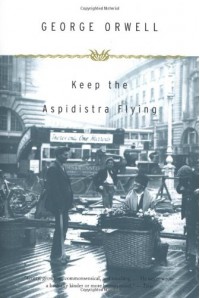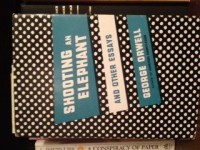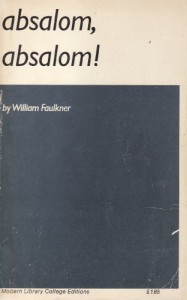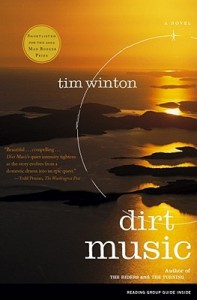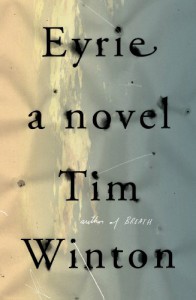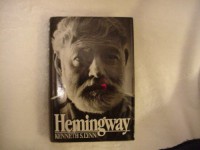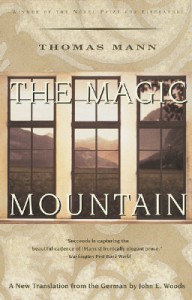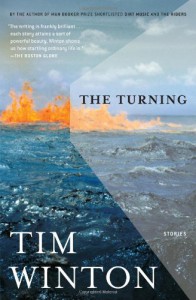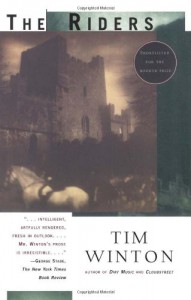
It’s December 1987. Fred Scully – known simply as Scully – is renovating the dilapidated cottage in rural Ireland he and his wife Jennifer have bought on a whim at what was supposed to be the end of two years of living in Europe. Jennifer and their seven-year-old daughter Billie have returned to Australia to sell the family home so that the family can settle permanently in Ireland. Ten days before Christmas, Scully goes to the airport to collect Jennifer and Billie, but Billie arrives alone, too traumatised to tell her father what has happened to Jennifer. Devastated and increasingly out of control, Scully takes Billie with him to Greece, then to Paris and to Amsterdam, desperate to find his wife and to understand what has happened.
In the hands of another novelist, this would have been a thriller involving international intrigue, espionage and abduction. The hero would have performed super-human feats of strength and daring and all would have been tied up in a neat bow of explanation at the end. But Winton’s not that kind of writer. Instead, this is an intelligent and thoughtful character study of a good man coming undone, of a man who loved too much and didn’t really know the object of his love. The ending does not answer all of the questions raised in the narrative, although I still found it very satisfying.
Early in the novel, Scully is abundantly happy. He adores Jennifer and Billie and while the idea of buying the cottage and living in Ireland has been Jennifer’s idea, he’s happy to go along with it. Scully is an unattractive, but intelligent and caring man who worked as a labourer in London, Paris and Greece so that Jennifer could pursue her dream of becoming an artist or writer. Then one cold night, in the ruins of a castle near his cottage, Scully sees a group of strangely looking people and horse. The people are dressed and armed for hunting and they apparently don’t see him. These people are “the Riders” of the title and this is the Wild Hunt of European mythology. Seeing the Wild Hunt means that disaster will follow. Knowing something about the myth makes what Winton is getting at easier to understand. It’s also what makes the ending of the work – for me, at least – entirely right.
That Scully (and the reluctant Billie) are drawn into the Wild Hunt is made clear from other references in the text – the sight of “gypsy” boys riding horses bareback seen through the window of a train, the sound of horses’ hooves on a street in Amsterdam when Scully is at his most unraveled. Having seen the Wild Hunt in Ireland, Scully is drawn into it and becomes one of the Riders in his mad trek across Europe trying to find Jennifer.
This work is less tied to landscape than much of Winton’s other writing, although his descriptions of Ireland, of the Greek island of Hydra, of Paris and Amsterdam are important parts of the narrative. What stands out for me in Winton’s writing is his sensory imagery: things aren’t just seen, they’re felt, heard, smelt, tasted. There’s solidity and a corporality in these images that is in sharp juxtaposition to the mystical element of the Wild Hunt. What also stands out is Winton’s exploration of the novel’s themes: love, obsession, what it feels like to be a stranger in strange lands and the fact that people, no matter how much we love them and how well we think we know them, are essentially unknowable. This was a novel which moved me deeply and which has stayed with me since I finished it. Leaving Scully and Billie at the end was a wrench.
I listened to the audiobook edition narrated by actor Stanley McGeagh, who apparently started his career in Ireland. McGeach’s Irish, Greek and French accents were pretty good, although a Dutch accent proved beyond his skill set and Scully’s Australian accent was hit and miss. McGeagh was generally able to reproduce our flattened vowels, but from time to time his dipthongs became a little confused and Scully started sounding South African. It’s a minor issue that wouldn’t be noticed by anyone unfamiliar with the differences between Australian and South African accents. Overall, listening was a pleasure.

 4
4

 3
3
